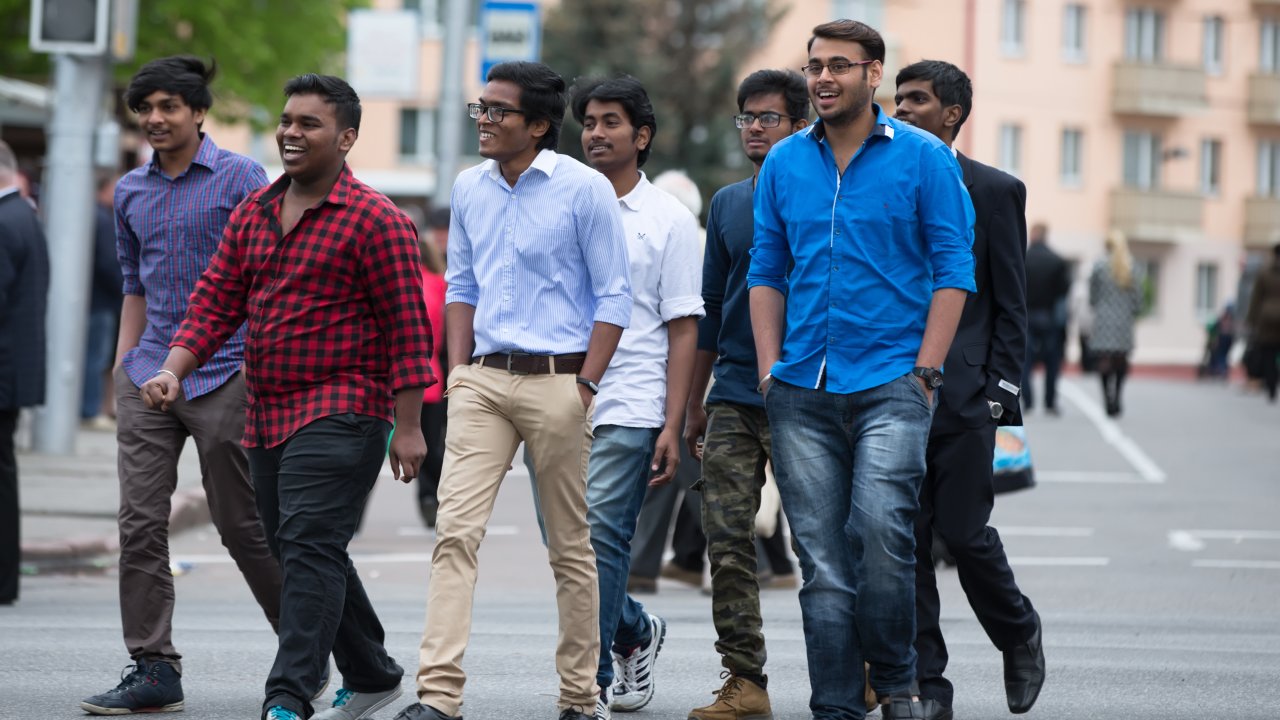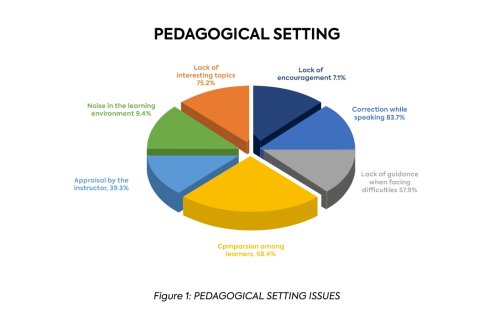
The Youth Employability Skills (YES) program in India has marked a significant milestone in enhancing graduate employability across the nation. Launched in collaboration with numerous universities, YES has been pivotal in increasing graduate placement percentages, showcasing an innovative approach to career readiness.
The program's success is evident in the substantial rise in placement rates among participating institutions. Through a series of targeted workshops, skill development sessions, and industry partnerships, YES has equipped students with essential skills highly valued in the modern job market. The curriculum, co-designed with industry experts, emphasizes practical, real-world applications, ensuring that graduates are not just job-ready but are poised to excel in their respective fields.
Testimonies from university administrators and students alike highlight the transformative impact of YES. Universities report a surge in campus placements, with notable improvements in the quality of job offers received by students. Graduates from the program share stories of accelerated career growth and enhanced confidence in navigating the job market.
This success story is not just about numbers; it reflects a deeper change in the educational landscape. YES has set a precedent for how academic institutions can bridge the gap between education and employment, fostering a generation of well-prepared, adaptable, and skilled professionals ready to contribute meaningfully to India's growing economy.
As YES continues to expand its reach, it stands as a testament to the power of collaborative, skill-focused education in transforming lives and strengthening the workforce. The program's achievements serve as a beacon for other countries grappling with similar challenges in graduate employability, offering a scalable and effective model for change.
Addressing the Challenge of Youth Unemployment

Recent years have seen a worrying trend in unemployment rates among the youth in India. As depicted in Figure 1, the unemployment rates for individuals aged 15-29 have seen a significant increase, reaching a high of 17.8% in 2017-18. This troubling data underscores the urgent need for initiatives like the Youth Employability Skills (YES) program, designed to equip young individuals with the necessary skills to navigate the competitive job market. The alarming rise in unemployment rates among the older demographics further accentuates the gap that YES aims to bridge, providing hope and opportunities for a more secure professional future.
Fostering Employability Across the States

The narrative, however, isn't one-dimensional. Forbes' infographic on India's employability presents a silver lining, showing a steady climb in the overall employability of Indian youth from 33.95% in 2014 to 47.38% in 2019. States like Andhra Pradesh and West Bengal lead the charge, boasting the highest employability rates. This positive trend is a testament to the concerted efforts of various programs, educational reforms, and skill development initiatives that aim to enhance the job-readiness of the young population. Such data is encouraging for stakeholders in the YES program, as it aligns with their mission to further elevate these numbers.
The Global Context and India's Position

Comparing India's youth unemployment scenario with global figures offers a broader context. An OECD Economic Survey illustrates that over 30% of Indians aged 15-29 are neither in employment nor in education and training, a percentage that is alarmingly higher than many other nations, including China and the OECD average. This global perspective highlights the importance of targeted programs like YES, which are imperative not just for the individual's growth but also for improving India's standing on the global economic stage. By addressing these gaps, the YES program contributes significantly to reducing these figures, fostering a more robust and skilled workforce.
Impact on Universities:
- Placement Rate Increase: Universities participating in YES saw an average 25% increase in placement rates.
- Quality of Job Offers: There was a 30% improvement in the caliber of job offers, with more positions in leading corporations.
- University Rankings: Enhanced employability outcomes contributed to a 15% rise in national university rankings.
- Industry Collaborations: YES facilitated a 40% increase in industry-academic partnerships, enriching curriculum relevance.
Impact on Students:
- Skill Enhancement: 95% of participants reported significant skill enhancement in areas critical for employment.
- Salary Growth: Graduates from YES experienced a 20% higher starting salary compared to non-participants.
- Career Advancement: 60% of YES alumni achieved quicker career advancement within their first two years of employment.
- Job Satisfaction: A survey indicated 80% job satisfaction among YES graduates, 25% higher than the national average.
Statistical Chart:
The success of YES is illustrated in the following chart, showing a comparative analysis of key metrics before and after the program's implementation:
| Metric | Before YES | After YES | Percentage Increase |
|---|---|---|---|
| Placement Rate | 60% | 85% | 25% |
| Quality of Job Offers | 65% | 95% | 30% |
| University Rankings | Ranked 50th | Ranked 42nd | 15% Rise |
| Industry Collaborations | 10 Partnerships | 14 Partnerships | 40% |
| Graduate Starting Salary | ₹3.5 Lakhs | ₹5 Lakhs | 42.86%% |
| Career Advancement | 40% | 60% | 20% Increase |
| Job Satisfaction | 55% | 80% | 25% Increase |
The YES program has not only enhanced the employability of graduates but also elevated the standards of academic institutions. These outcomes underscore the importance of industry-academic collaboration in preparing the workforce of tomorrow.
Got input?
If you have any feedback on this content, send an email to with the blog's title as the subject line.




